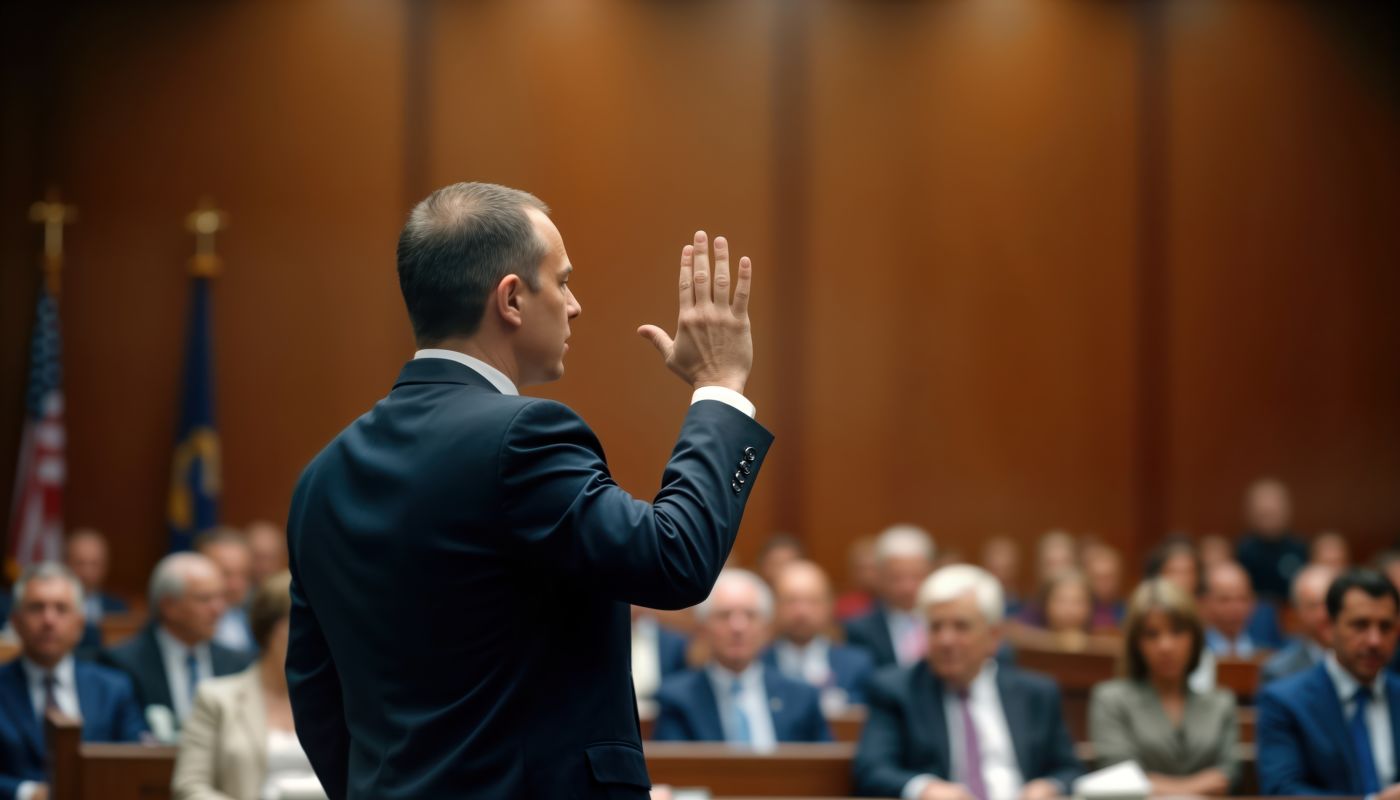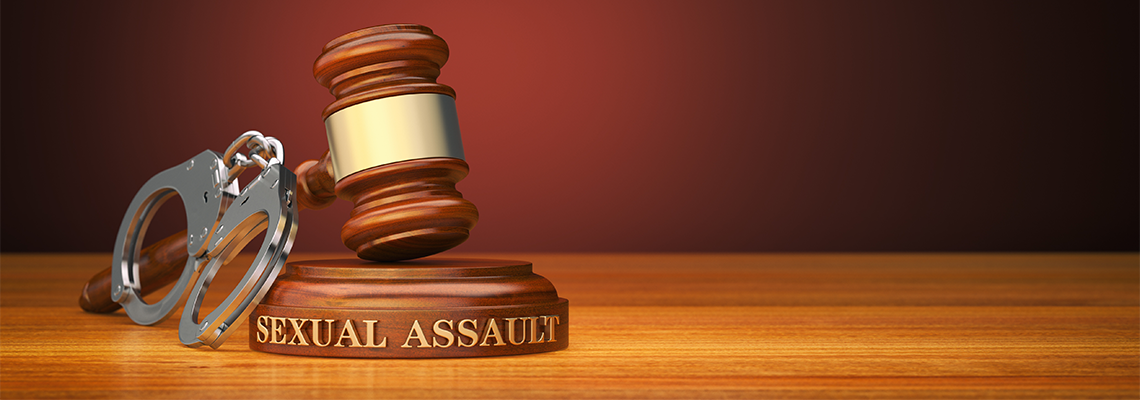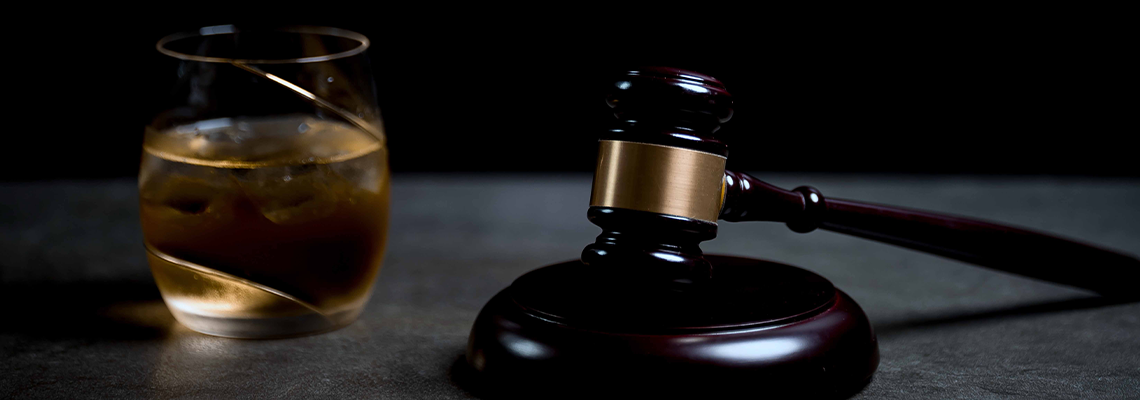
In personal injury lawsuits, expert witnesses play a critical role in clarifying complicated issues, establishing liability, and supporting claims for damages. Their testimony often bridges the gap between the legal and factual elements of a claim, making them indispensable in building a persuasive legal argument.
As a personal injury firm in Houston, Texas, we know that securing fair compensation often means building a case on solid facts backed by professional insight. Whether we’re taking on a car crash case, a slip and fall, or a defective product claim, expert testimony can help tip the scale in favor of our clients.
Here, our attorney at Bradford N. Oesch, P.C. will walk through the different types of expert witnesses, how attorneys work with them, and why their role matters when it’s time to present a strong, persuasive claim.
Why Expert Witnesses Matter in Texas Injury Lawsuits
Personal injury claims in Texas hinge on proof. It’s not enough for someone to say they were hurt because of another person’s carelessness.
That harm has to be demonstrated with evidence—medical records, accident reconstructions, financial evaluations, and more. That’s where expert witnesses step in. They offer clarity when legal arguments rely on technical, scientific, or financial details beyond everyday knowledge.
In many cases, an attorney brings in expert witnesses to:
Break down medical diagnoses and treatment plans
Analyze how an accident occurred
Evaluate the long-term effects of an injury
Project lost income or future earning potential
Interpret product failures or safety violations
Their testimony helps a jury or judge understand what happened, how it happened, and what that means for a client’s future. Without that level of detail, it’s much harder to prove damages or fault.
Medical Experts Are the Cornerstone of Injury Claims
Medical experts play one of the most important roles in personal injury litigation. When our clients suffer injuries—ranging from broken bones to traumatic brain injuries—we rely on doctors, surgeons, physical therapists, or mental health professionals to explain the extent of harm.
Their insight helps us:
Explain the diagnosis in plain terms
Connect the injury directly to the incident
Detail the recovery process, including any limitations
Estimate future care needs or treatments
This testimony is especially useful when the defense tries to downplay the seriousness of an injury or argue it was pre-existing. A qualified medical expert can draw a clear line between the incident and the outcome. When necessary, we also work with vocational rehabilitation specialists who help demonstrate how an injury limits our client’s ability to work.
Accident Reconstruction Specialists Can Show What Happened
When liability is in question, particularly in car, truck, or pedestrian accidents, accident reconstruction experts become vital. These professionals gather physical evidence, study police reports, review photos or video footage, and use software to recreate what happened at the moment of impact.
With their help, we can show:
How fast vehicles were traveling
Where and how contact occurred
What safety features failed or succeeded
Who had the best chance to avoid the collision
This type of evidence is especially helpful when the opposing side disputes fault or blames the injured person. By presenting a visual and scientific analysis, an attorney can strengthen their case in a way that’s hard to dispute.
Economic Experts Calculate What the Injury Costs
As personal injury attorneys, we’re not just concerned with medical costs—we also fight for compensation tied to lost income, lost future earning potential, and out-of-pocket expenses. Economic experts play a major role in helping juries understand the long-term financial toll of an injury.
We may work with:
Forensic accountants
Actuaries
Vocational experts
They help calculate both tangible and intangible losses by reviewing employment history, average wage trends, inflation, life expectancy, and more. This testimony is often necessary when a client can’t return to their job or must change careers because of their injuries.
Engineers and Product Specialists
In cases involving construction site injuries, machinery accidents, or defective consumer products, engineers and technical specialists step in to explain failures in design, maintenance, or warning systems. These professionals bring deep knowledge of standards, codes, and industry practices.
Their testimony helps:
Show whether a product was unsafe for its intended use
Prove that a company violated safety regulations
Break down technical flaws in design or function
Support claims of gross negligence or product liability
When paired with real-world examples and hands-on experience, their input carries weight with juries that may not be familiar with how certain products or systems work.
Mental Health Experts and Pain and Suffering
Not all injuries are visible. When a client suffers anxiety, PTSD, depression, or other psychological impacts due to their injuries, mental health professionals play a critical role. Their testimony helps validate claims related to emotional distress and diminished quality of life.
We may work with:
Psychiatrists
Licensed therapists
Neuropsychologists
These professionals assess how an injury has affected a client’s relationships, ability to work, sleep, and general outlook. By putting a clinical lens on invisible injuries, they help attorneys make a stronger case for non-economic damages like pain and suffering.
Credibility and Qualifications Matter
Not every “expert” is treated equally in the eyes of Texas courts. To serve as an expert witness, a person must qualify under Texas Rules of Evidence Rule 702, which requires that:
The testimony is based on sufficient facts or data
The expert uses reliable principles and methods
The expert reliably applies those methods to the facts of the case
This means credentials, experience, and courtroom history all come under scrutiny. We’re selective in who we work with because the wrong expert—or even the right one presented the wrong way—can do more harm than good.
Before putting anyone on the stand, we vet their background thoroughly. We confirm their academic and professional qualifications, review past testimony, and assess their ability to explain technical subjects in plain English. A strong expert witness isn’t just knowledgeable—they’re relatable and confident under cross-examination.
Preparing Experts for Trial
A personal injury attorney works closely with expert witnesses before the trial begins. That includes reviewing their written reports, aligning their testimony with case theory, and preparing them for depositions or cross-examination. The goal is consistency, clarity, and credibility.
Preparation might involve:
Rehearsing testimony
Conducting mock cross-examinations
Clarifying technical terms for jurors
Making sure there is alignment between the expert’s report and live testimony
An attorney may also coordinate how multiple experts will work together. For instance, a medical expert and an economic expert may both testify about how a back injury affects earning capacity. They make sure their opinions support each other without creating confusion.
Experts in Settlement Negotiations
Expert witnesses aren’t just useful at trial. In many personal injury cases, settlement discussions happen long before a courtroom date is set. Strong expert reports—especially those that clearly lay out fault, damages, and long-term costs—can help push negotiations in our client’s favor.
Insurance companies know what strong expert testimony looks like. When we present detailed findings from credible sources, it puts pressure on the other side to settle fairly. We’ve resolved many cases at mediation or in pre-trial talks simply by sharing expert insights that left no doubt about liability or damages.
Challenging the Other Side’s Experts
The defense often brings its own experts to dispute our claims. Sometimes they try to argue that the injury wasn’t caused by the incident, that our client could go back to work, or that the damages are exaggerated.
As your personal injury attorney, we may prepare for these challenges by:
Identifying inconsistencies in opposing expert reports
Highlighting a lack of relevant experience or bias
Cross-examining technical points to show gaps in credibility
Bringing in rebuttal witnesses when needed
When necessary, we file motions to exclude unreliable expert testimony under the Daubert standard, which is used in Texas to evaluate whether scientific or technical testimony should be allowed. If a so-called expert’s methods are flawed or speculative, we fight to keep them out of the courtroom.
Contact a Personal Injury Attorney Today
If you or someone you care about was hurt because of another person’s carelessness, don’t wait to reach out. The sooner we begin collecting the right evidence—and working with the right experts—the stronger your case will be. Speak with a personal injury attorney at our Texas firm today, and let’s talk about how we can fight for the full recovery you deserve. Serving Houston, Texas, Bradford N. Oesch, P.C. is here to help you.



